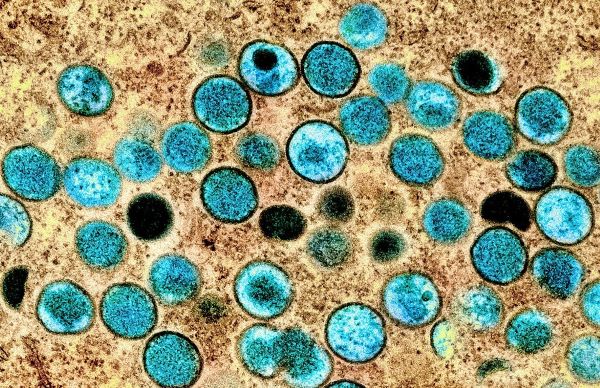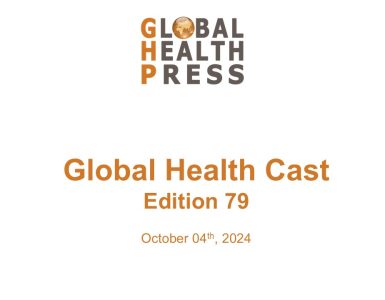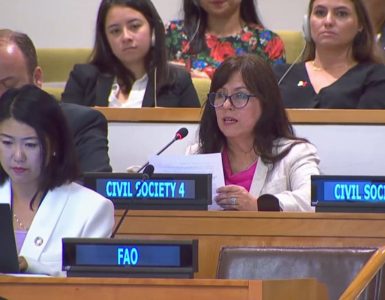For decades, mpox, a zoonotic disease caused by the monkeypox virus, has posed a persistent public health challenge in parts of Central and West Africa, where it is endemic. Despite its impact, the disease remained largely underresearched and underfunded. The global outbreaks of mpox in 2022, however, shifted international focus back to the virus, exposing the urgency of understanding its transmission and highlighting the invaluable role of African scientists and public health experts, who have long been at the forefront of studying and combating its spread.
Putting the silent crisis into historical context
Long before the virus garnered global attention, African health authorities were leading efforts in surveillance, diagnosis, and case management. Mpox, primarily transmitted through contact with infected animals such as rodents and primates, has persisted in rural regions where healthcare resources are often scarce. In spite of these constraints, African scientists have made significant contributions to the understanding of the virus’s epidemiology, transmission dynamics, and potential for emergence as a broader public health threat.
Pioneers in mpox research
African researchers have long warned of the potential for mpox to spread beyond its endemic regions. Their work has spanned from studying animal reservoirs to developing early detection systems aimed at containing outbreaks before they escalate. Despite limited resources, these scientists have played a pivotal role in identifying genetic mutations in the virus and monitoring its evolution over time. Collaborations with global health organizations such as the World Health Organization (WHO) and the Centers for Disease Control and Prevention (CDC) have amplified the reach of African-led research. Notably, African scientists have contributed to the refinement of smallpox vaccines, which are now known to provide protection against mpox in humans. These partnerships have not only advanced scientific knowledge but also demonstrated the value of African leadership in tackling infectious diseases.
The 2022 global outbreak: A turning point
When mpox cases began surfacing in non-endemic countries in 2022, the world scrambled for solutions. Yet, African scientists had already honed their expertise in outbreak containment strategies, including contact tracing, public health education, and quarantine protocols. The outbreak revealed the critical importance of African-led initiatives, which had previously been underappreciated on the global stage. As the virus spread, scientists from African countries provided invaluable data, insights into the virus’s behavior, and practical guidelines drawn from years of experience. African laboratories played a crucial role in scaling up diagnostic testing, which was essential in controlling the spread in regions unfamiliar with the disease.
Challenges and future directions
Despite the recognition of African scientists’ contributions, significant challenges remain. Funding gaps, limited access to advanced technology, and insufficient global collaboration continue to hinder progress. However, the international community is increasingly acknowledging the need for investment in Africa’s scientific infrastructure to strengthen preparedness for future pandemics. There is also a growing call for equitable access to vaccines and treatments. African nations, which have borne the brunt of mpox outbreaks for decades, are now advocating for a fair distribution of resources. The lessons learned from managing the disease in Africa are invaluable and must inform global strategies to prevent future pandemics.
A global effort rooted in local expertise
Mpox serves as a powerful reminder that infectious diseases know no borders. Global health security depends on the expertise and leadership of scientists from all regions, particularly those who have long managed endemic diseases. Africa’s role in combating mpox, from pioneering research to outbreak management, highlights the importance of supporting local scientists and ensuring their voices shape global health policies. Through this collaborative effort, the world can better protect public health and prevent future pandemics.
by Daniela La Marca, Global Health Press

















